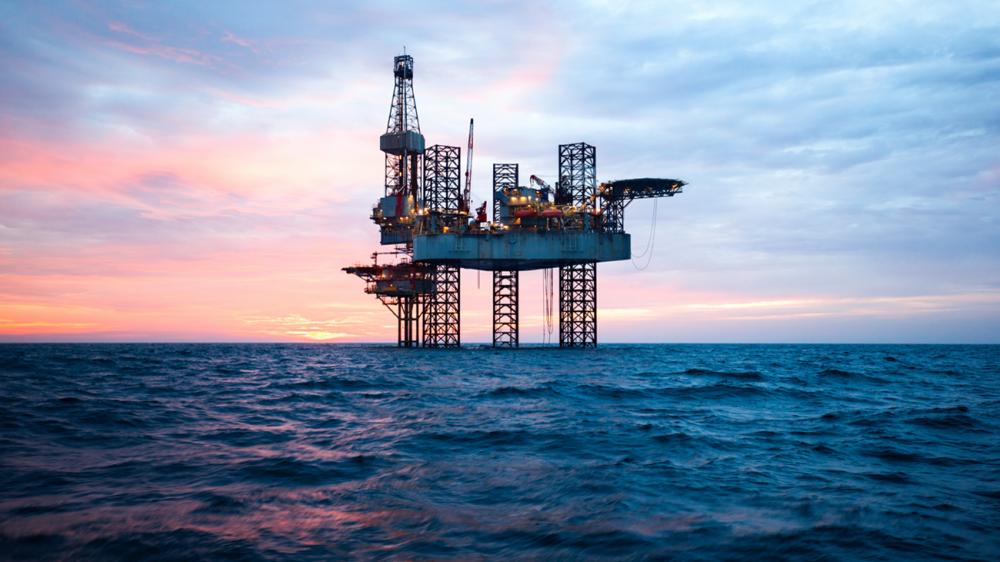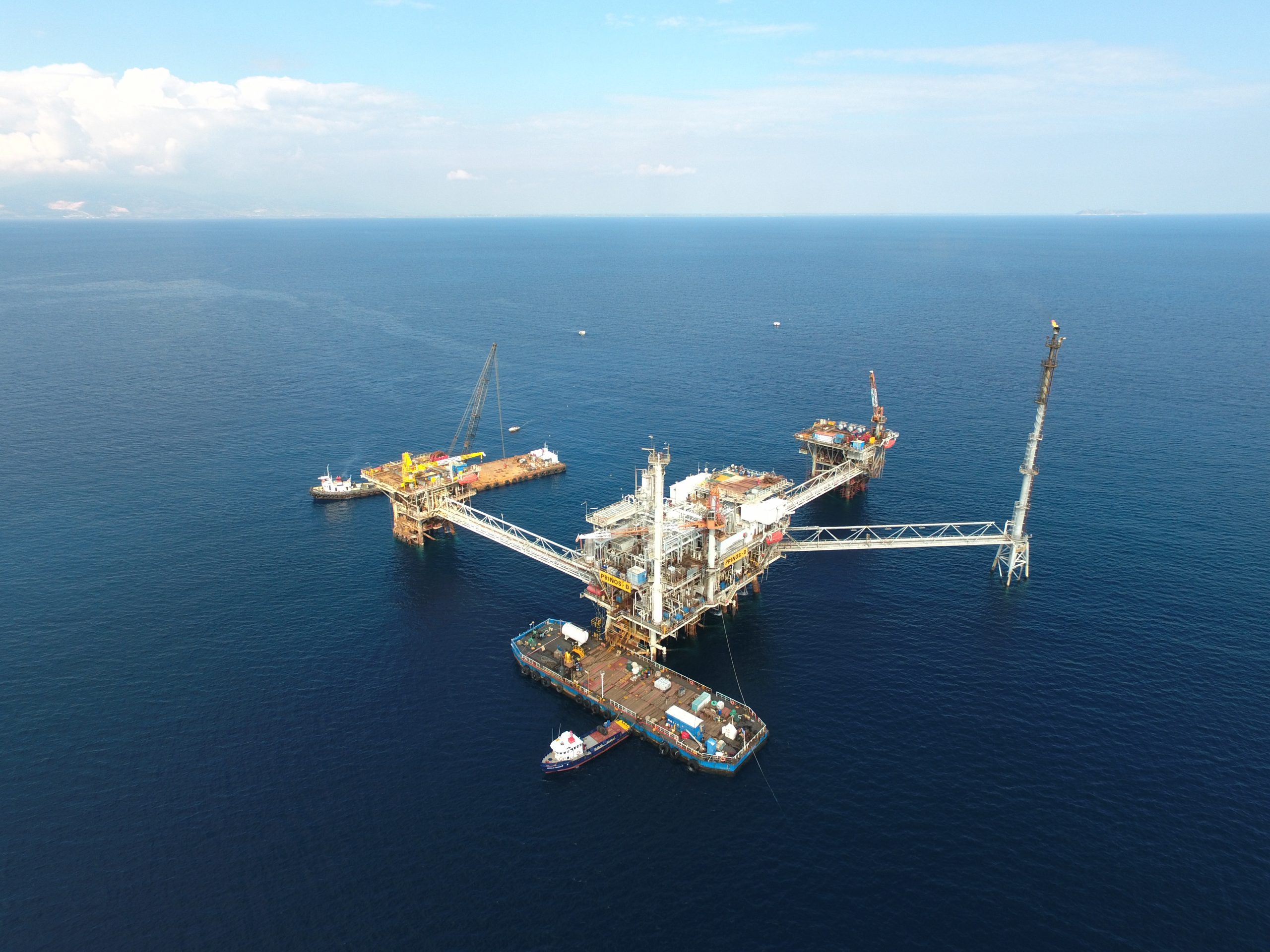The European Commission has given the “green light” for 150 million euros of state aid for Greece’s first CCS Project, “Prinos CO2″, located in the Gulf of Kavala, northeastern Greece, by Energean, after negotiations between Greece’s Ministry of Environment and Energy and the commission concluded positively. This marks Greece’s first CO2 geological storage project venture.
The final step is receiving the formal approval from Brussels, which will trigger the release of funds from the Recovery and Resilience Facility, according to official sources.
In the meantime, Energean submitted its storage permit application to the Hellenic Hydrocarbons and Energy Resources Management Company (HEREMCO) in June. In early August, they also submitted the environmental impact study, which is currently under review.
After the disbursement of the first installment from the Recovery Fund, a market test will follow to gauge interest, with aim of signing binding contracts with industries.
The final investment decision is expected within the first half of 2025. At the same time, the country’s energy ministry is outlining the regulatory framework for CO2 storage, expected to be approved by this Nov.
The Prinos CO2 storage project has been included in the 6th list of Projects of Common Interest (PCI), with its total budget exceeding 1.5 billion euros. Of this sum, 1 billion euros will be allocated to Energean’s works, while the remaining will go to Greece’s National Natural Gas System Operator (DESFA) responsible for building the network to collect pollutants from cement industries and refineries, liquefy them and transport them by ships to Prinos.
So far, the CO2 storage capacity at Prinos has been confirmed at 1 million tons annually, with indications showing that it could accommodate up to 3 million tons per year in full development, according to ongoing studies.




